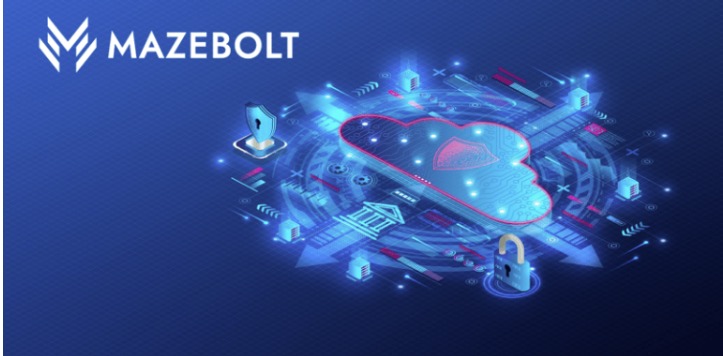The holiday season tends to come together with a significant increase in consumer shopping habits. For cybercriminals, it’s the busiest time of the year. While e-commerce platforms gear up for the surge in online traffic, hackers are gearing up to launch some of their most disruptive attacks.
One of the biggest threats to business continuity during this period is Distributed Denial-of-Service (DDoS) attacks. These attacks have the ability to bring even the most robust online systems to their knees, resulting in significant financial losses, reputational damage, and operational chaos. Let’s explore why DDoS attacks spike during the holidays and what you can do to make sure your organization stays safe.
How DDoS Attacks Work
DDoS attacks are cyberattacks where multiple compromised devices (often part of a botnet) are used to flood a target server, service, or network with traffic. The goal is to overwhelm the target to the point where legitimate users are unable to access the service.
A DDoS attack exhausts resources such as bandwidth, memory, and CPU capacity. Attackers may employ different techniques to carry out these attacks, such as exploiting vulnerabilities in network protocols.
The motivations for launching a DDoS attack vary, from ideological reasons and business sabotage to financial gain. Often, hackers use DDoS as a distraction while concurrently launching other attacks. They can then demand a ransom – putting organizations in a compromising position during a critical and time sensitive business period.
Why DDoS Attacks Are So Common During the Holidays
The extended Christmas season sees a massive surge in online traffic, as consumers rush to buy gifts online and take advantage of special deals. With so much traffic, it can be harder to distinguish between legitimate users and malicious activity, making it easier for attackers to blend in and launch damaging DDoS attacks.
Of course, the stakes are higher during this time of year. Online retailers can lose very significant amounts of revenue, for every minute they are down.
The fact that many security and network teams are stretched thin during the holiday season doesn’t make things easier. This may be due to the additional workload or because of reduced staffing, or both. Cybercriminals take advantage of this situation in launching their attacks.
What Is at Stake
For retailers, the financial losses due to damaging DDoS downtime tend to be much steeper during the holiday season:
- Lost sales and customers: When the website is down, your customers will likely go to your competitors. During the holiday season, many purchases are urgent, and being unavailable can translate to direct loss of sales. More worryingly, it can hurt long-term customer relationships.
- High recovery costs: DDoS attacks often leave behind more than just downtime. They can cause systems to malfunction, corrupt data, and force you to perform costly forensics and recovery operations. For many businesses, the recovery costs after an attack can be higher than the initial financial impact of the downtime.
- Damage to your reputation: In an age where customer trust is everything, a DDoS attack that brings your business to a halt during the holidays can do permanent harm to your brand’s reputation. Customers expect seamless online shopping experiences, and failing to deliver on that expectation can hurt long-term growth.
Strengthening Your Organization’s DDoS Resilience
To mitigate the increased risk of attack at this time of year, take proactive steps to improve your DDoS strategies and operational resilience:
- Evaluate risks and vulnerabilities: Conduct a risk assessment to identify potential DDoS vulnerabilities in your systems. Know what your critical assets are and where your weak points lie.
- Put the right DDoS vulnerability testing tools in place: Ensure you have the necessary technologies to continuously test and monitor for DDoS vulnerabilities and misconfigurations, and obtain prioritized recommendations for remediating them.
- Prepare a response strategy: Develop a plan for responding to DDoS attacks. This should include your technical response teams, communication strategies, and pre-arranged agreements with external experts.
- Get help where necessary: If it gets to this point, get timely input from DDoS professionals, who can help mitigate the damage.
Continuous, Non-disruptive DDoS Testing Reduces the Risk
The holiday season brings opportunities for businesses, but it also presents opportunities for attackers. DDoS attacks during this time can have a devastating impact.
The continuous, non-disruptive DDoS testing and simulation solution provided by MazeBolt RADAR™ enables you to identify DDoS vulnerabilities and misconfigurations in deployed DDoS protections. So, don’t let hackers ruin your holiday season – keep your business running smoothly through the busiest time of the year. With the right preparation, you can protect your organization from damaging DDoS attacks.
Interested in learning more about mitigating the risk of damaging DDoS attacks? Speak with an expert!







